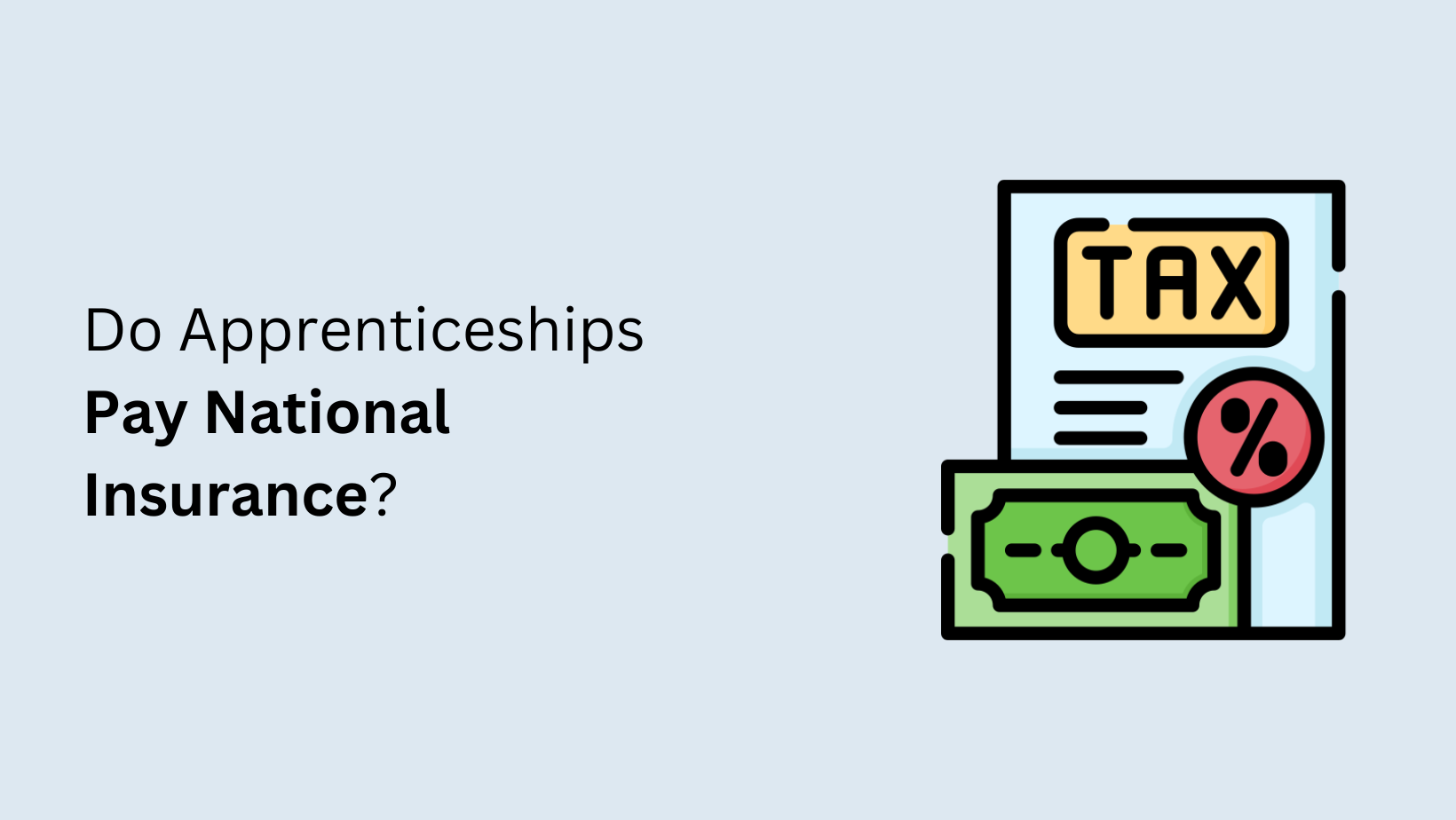Apprenticeships are an excellent way to gain practical skills and knowledge while earning a wage. However, you may wonder, “Do apprenticeships pay national insurance?”
Apprenticeships offer a valuable pathway to gain practical skills and knowledge while earning a wage. However, questions often arise regarding whether apprentices are required to pay National Insurance contributions.
This article will delve into the details and provide a comprehensive guide to help you understand the National Insurance implications for apprenticeships.

What is National Insurance?
National Insurance (NI) is a system of contributions paid by individuals and employers in the United Kingdom. It helps fund various state benefits, including State Pension, statutory sick pay, maternity pay, and other social security benefits.
Are Apprentices Liable to Pay National Insurance?
The National Insurance contributions for apprenticeships depend on various factors such as age, earnings, and employment status. Let’s explore the different scenarios:
- Apprentices under 16: If you are an apprentice under 16, you are exempt from paying National Insurance contributions.
- Apprentices aged 16 to 21: If you are an apprentice aged 16 to 21 and your earnings exceed the Lower Earnings Limit (LEL) in a given week, you will be liable to pay Class 1 National Insurance contributions. However, it’s important to note that apprentices in this age bracket typically earn below the LEL threshold, which means they may not have to pay National Insurance.
- Apprentices aged 22 and over: Apprentices aged 22 and over, like other employees, must pay National Insurance contributions if their earnings exceed the LEL for the week. The exact amount of NI contributions will depend on the specific earnings and employment status.
- Apprentice employers: Employers also have National Insurance obligations when hiring apprentices. They are responsible for paying employers’ National Insurance contributions for apprentices, just as they would for any other employee. The employer’s NI contributions are separate from the apprentice’s and do not directly affect the apprentice’s wages.
Understanding the National Insurance Classes
National Insurance contributions fall into different classes, each with its rules and rates. The most relevant classes for apprenticeships are Class 1 and Class 2. Here’s a brief explanation of each:
- Class 1 National Insurance: Class 1 contributions apply to employees, including apprentices, who earn above the LEL threshold. The exact rate depends on the earnings and is typically split between the employee and the employer. The contributions are automatically deducted from the apprentice’s wages.
- Class 2 National Insurance: Class 2 contributions are typically paid by self-employed individuals, including some apprentices considered self-employed for National Insurance purposes. However, most apprentices are classified as employees and thus fall under Class 1 contributions.
Summary
Whether apprentices must pay National Insurance contributions depends on age, earnings, and employment status. Apprentices under 16 are exempt from NI contributions, while those aged 16 to 21 may or may not have to pay, depending on their earnings. Apprentices aged 22 and over are generally liable to pay National Insurance contributions. Employer’s NI contributions are also applicable when hiring apprentices.
It’s important to note that National Insurance rules and rates are subject to change, so it is always advisable to consult official government sources or seek professional advice to ensure compliance with the latest regulations.
